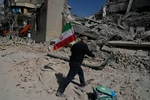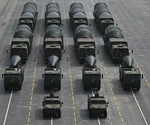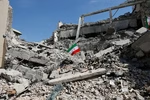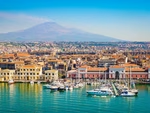USK authorities to start turning away migrant buses
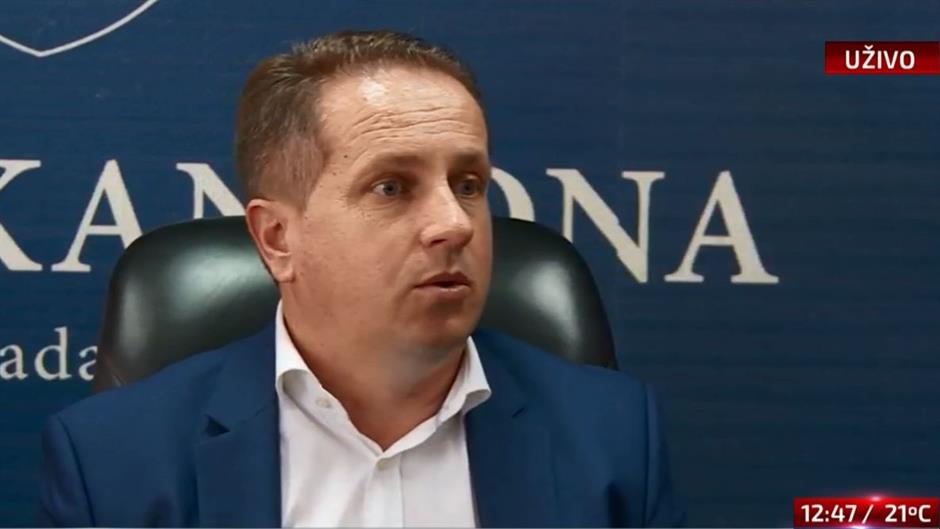
The Prime Minister of a western Bosnian canton said Friday that from now on buses with migrants heading to his area will be returned to where they were coming from.
Oglas
The Una Sana Canton Prime Minister, Husein Rosic, announced this after meeting with mayors of towns and municipalities in his canton, which has been plagued by a drastic influx of migrants since the beginning of 2018.
Thousands of migrants have entered Bosnia on their way toward EU countries since the year began. The country became a significant transit point for them after numerous surrounding countries closed their borders, with Bosnia now being described as a "migrant hotspot" among local officials.
The next stop after Bosnia for the migrants is mostly the country’s western neighbour, Croatia. Croatian border police, however, often turn them away from the border and back into Bosnia.
Oglas
The northwestern towns of Bihac, Cazin and Velika Kladusa are located in USK and near Croatia’s border and are strongly affected by the situation.
Mayors and municipal assembly members from several towns in this area protested in front of the State Parliament building in Sarajevo against the Government’s handling of the issue end of July.
The central topic at the Friday meeting between the USK mayors was the migrant situation, and the officials came to two major conclusions.
"The number of migrants in Bihac reached 5,000. From today onward, we are beginning to implement restrictive measures and sending back illegal migrants to the destination where they came from," Rosic told reporters.
Oglas
"The second conclusion is that we gave the Council of Ministers of Bosnia and Herzegovina (the State Government) a deadline until (next) Friday for them to solve the issue of Bihac and Velika Kladusa," he said.
Rosic said he already instructed local police to start sending the buses back.
"After Friday, we cannot tolerate it anymore," he said.
USK authorities have been negotiating with the State Security Ministry on how to tackle the issue for weeks.
Oglas
"Even what we had agreed to was not realised. There are more and more migrants in the city of Bihac," Rosic said.
Kakvo je tvoje mišljenje o ovome?
Učestvuj u diskusiji ili pročitaj komentare
Oglas
Kakvo je tvoje mišljenje o ovome?
Učestvuj u diskusiji ili pročitaj komentare
Oglas





 Srbija
Srbija
 Hrvatska
Hrvatska
 Slovenija
Slovenija








